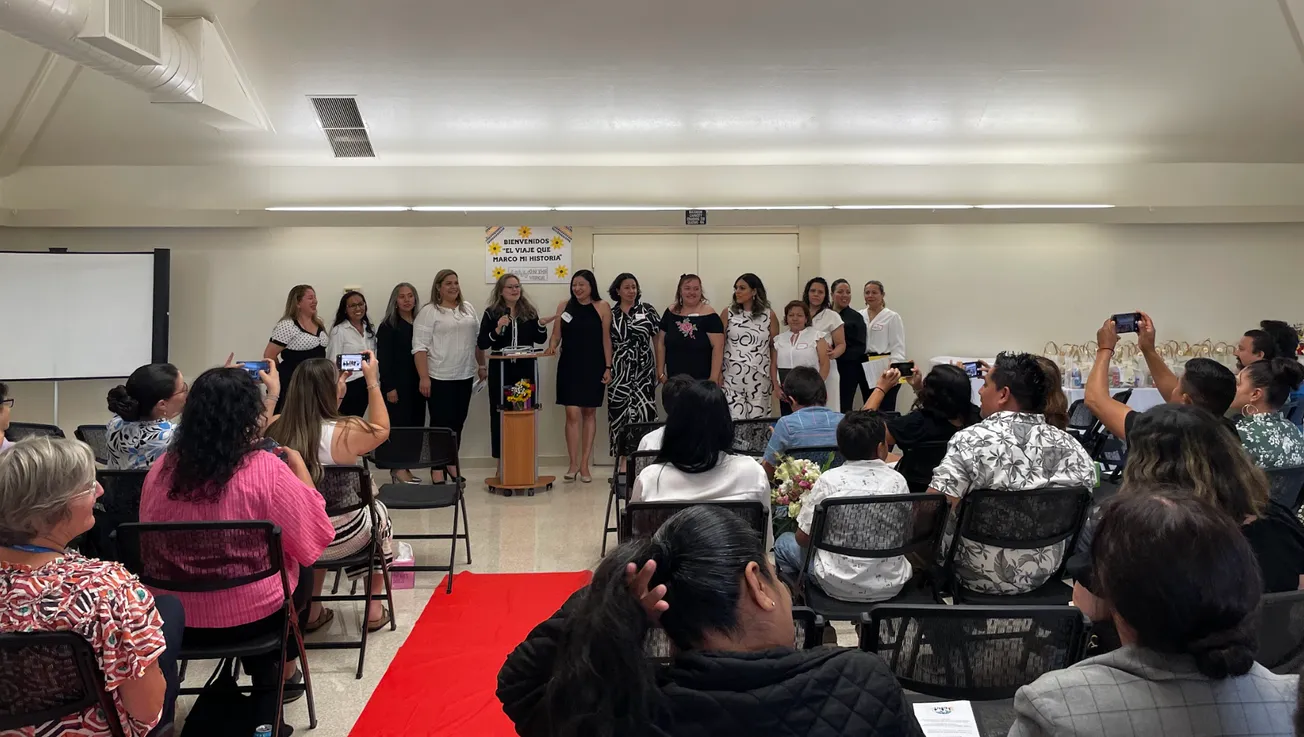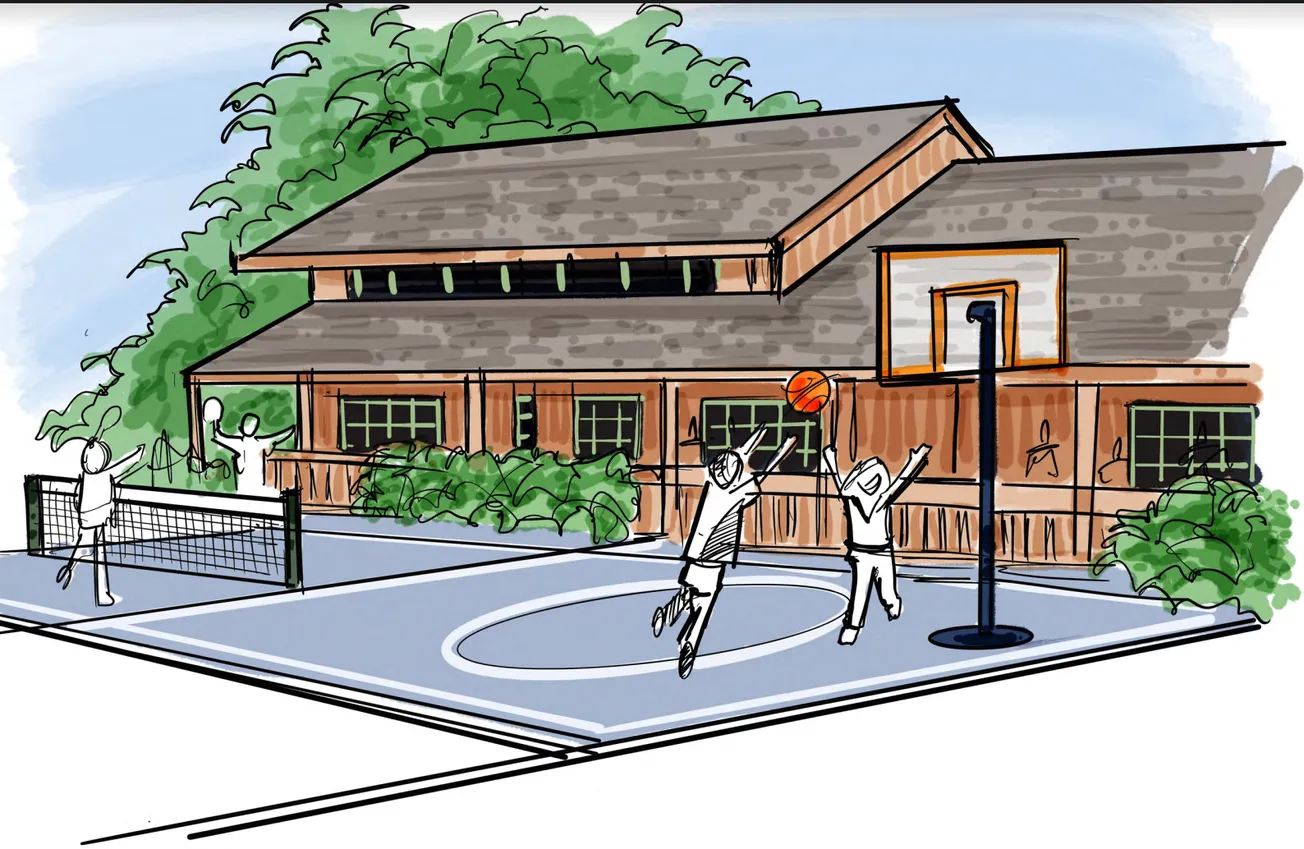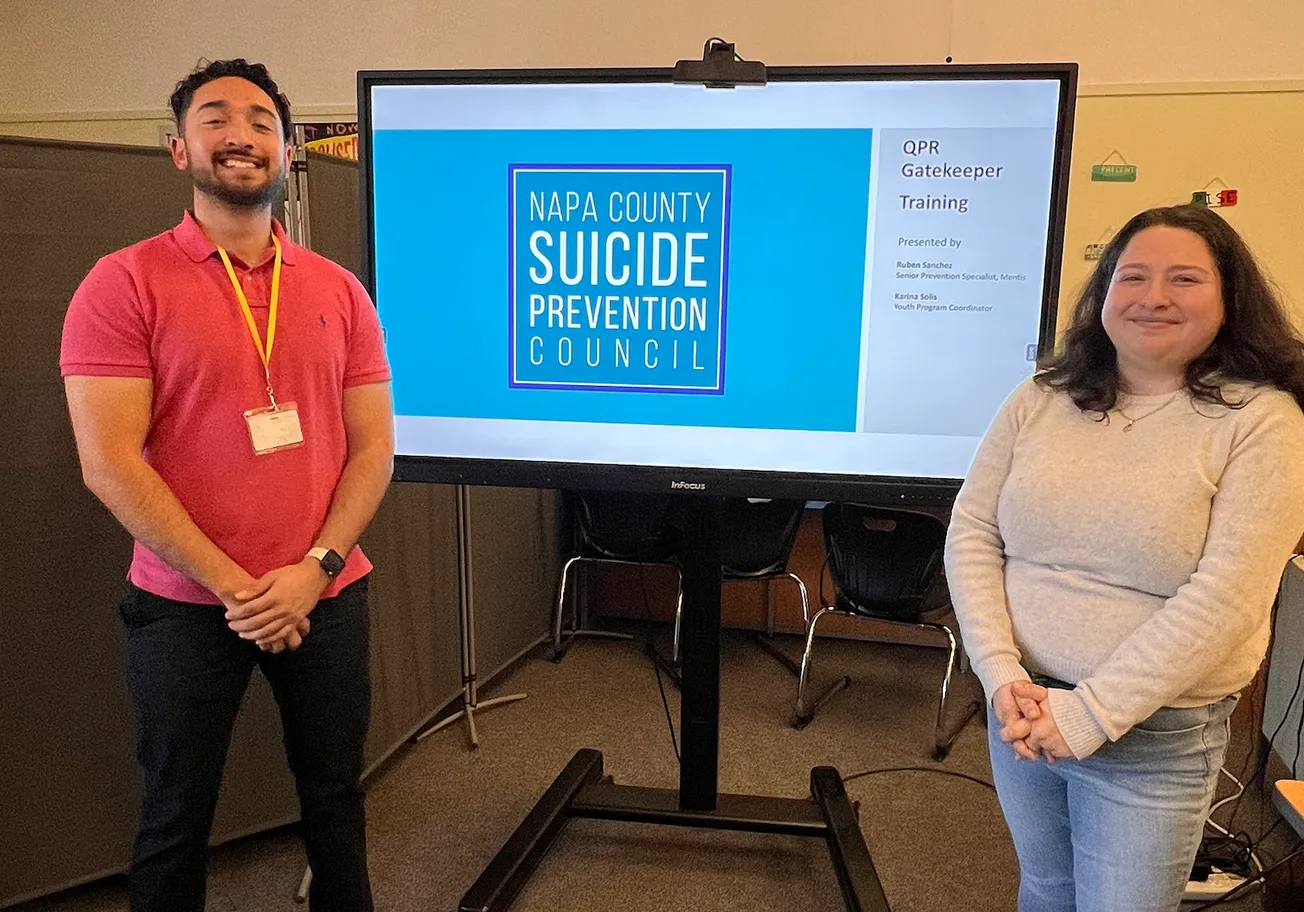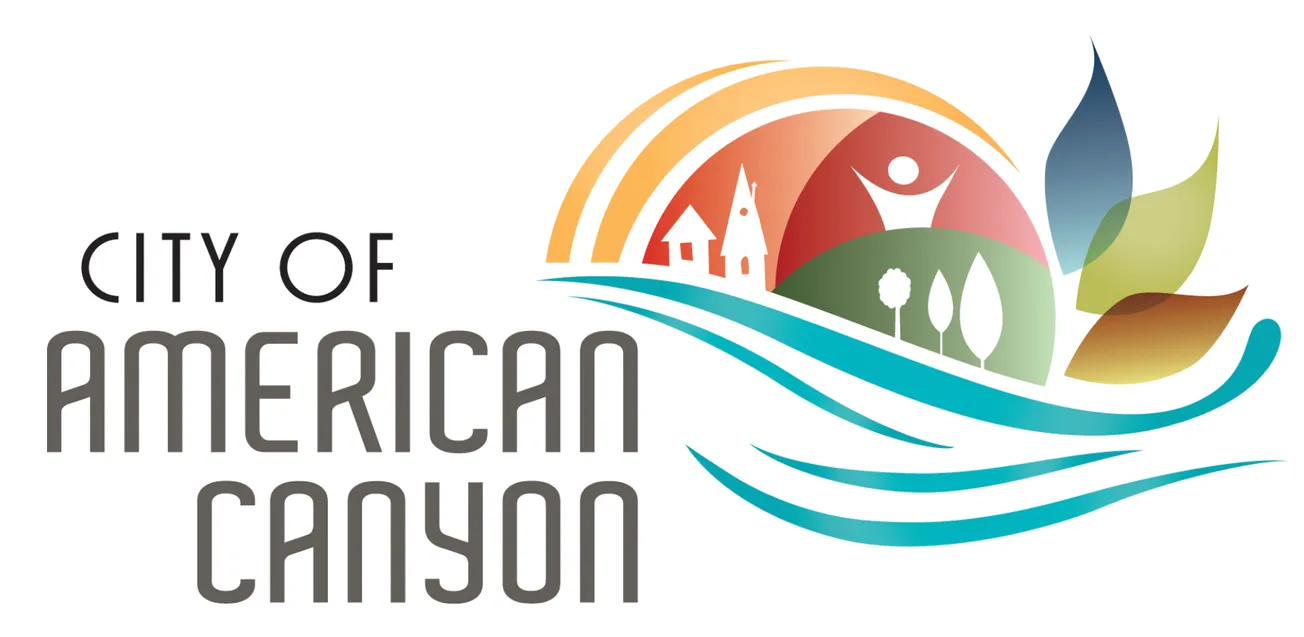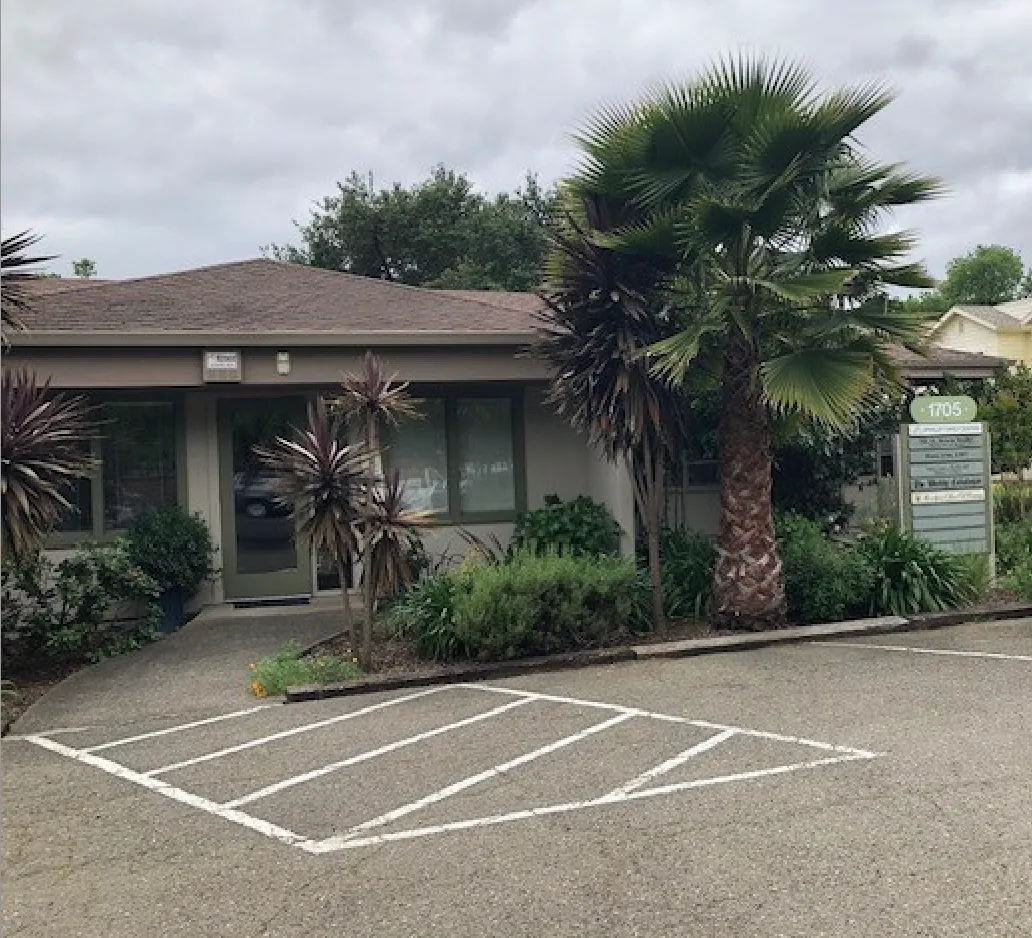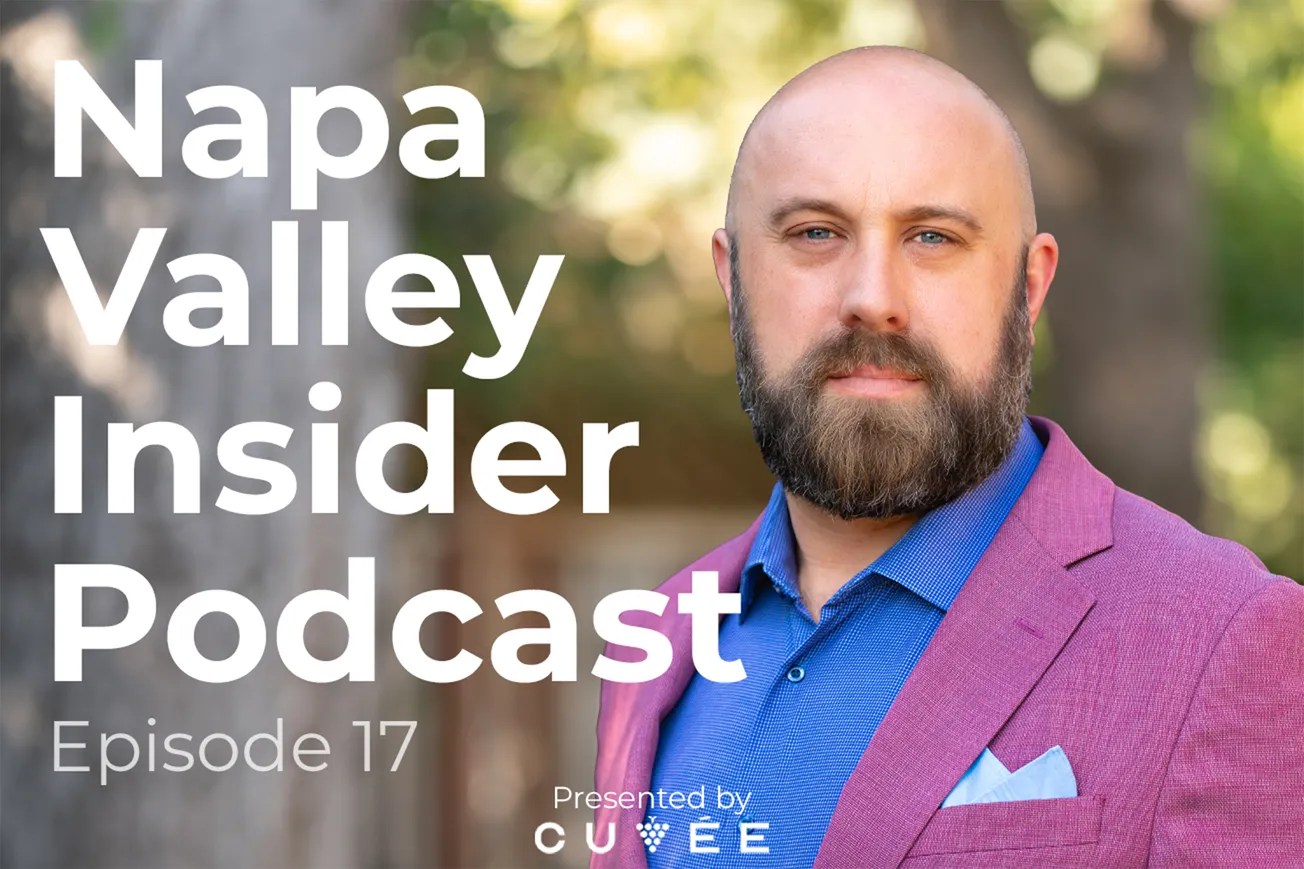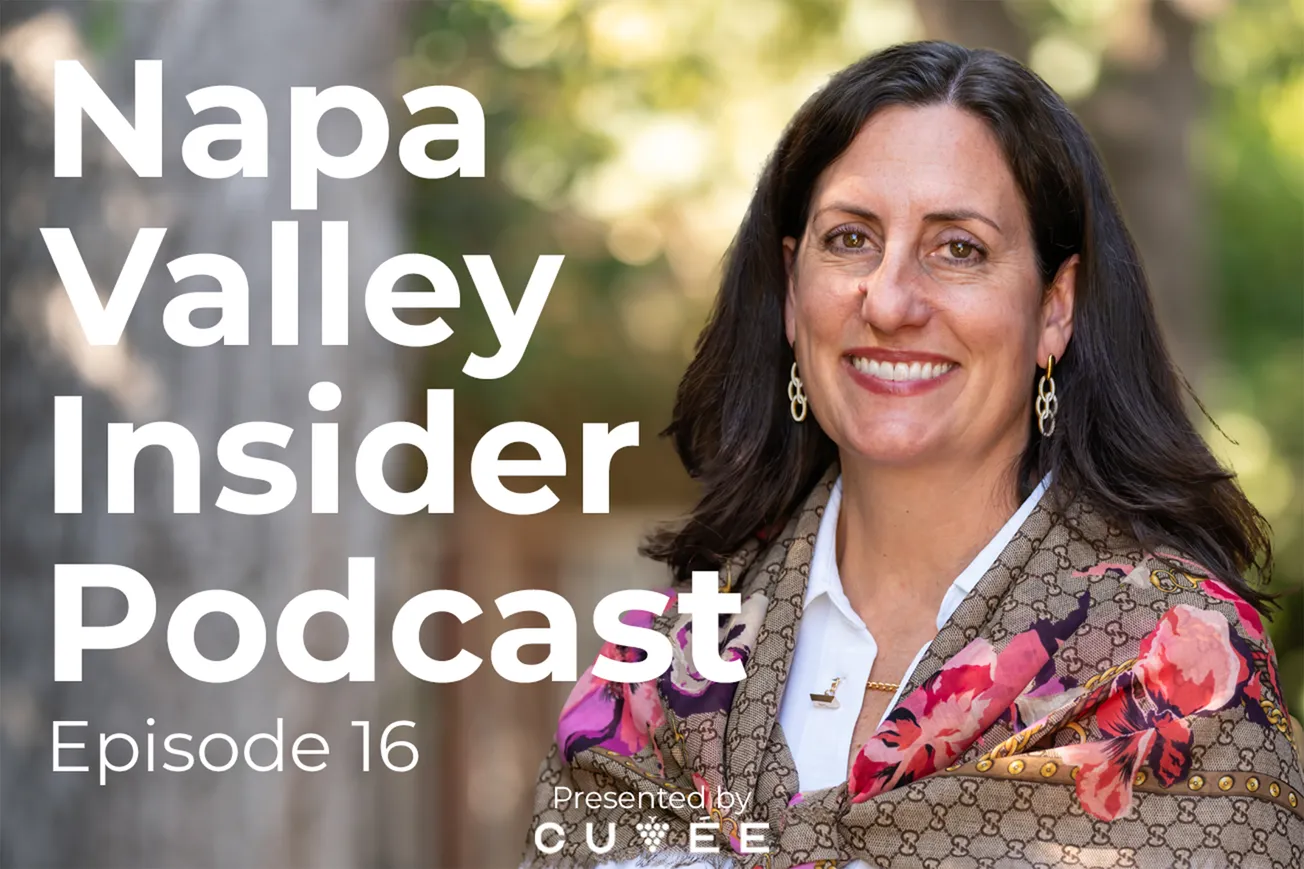When Paola Macias arrived in Napa from Guanajuato, Mexico four years ago, she was lost.
“I was scared to walk into a grocery store,” she said in Spanish. “I was scared to drive. … I didn’t know the language, and I felt completely isolated."
It was a new country, a new culture and, in her words, “a new world.” The pandemic was on, and she and her partner had only one another.
After their first child was born in 2021, Macias began visiting community resource hubs, including COPE Family Center and OLE Health. She found support around education and health, and connected with other immigrant parents. She said she found a community there and a sense of hope.
Flash forward to last month.
Macias and 13 other Latina mothers gathered at Napa Valley College to address a room full of community leaders, including top mental health professionals. All of the women were immigrants. Those in the audience who could not speak Spanish listened on live-translation devices.
“We have so much healing to do as a community,” Magui Perez, who immigrated from Jalisco, told the audience. “We hope that we bring about collective change and support so that future generations of immigrants who arrive experience a more just and equitable Napa and country.”
The event, titled "The Journey That Marked My Life Story," was the culminating celebration of On the Verge, a yearlong initiative centered on mobilizing local immigrants to empower their communities through social and political engagement. Macias and Perez were chosen last year to join the cohort and be trained as community leaders.
“I learned about On the Verge through the parent support programs I would assist,” Macias said. “I wanted to grow as a parent and become a community advocate for immigrants with similar experiences to mine.”
This year, for the first time since the program began in 2004, the cohort was composed entirely of women. The program calls them Vergers, and they met monthly for 10 months.
“It was healing to listen to others with similar stories,” Macias said. “Those who shared with us also healed us … because we resonated with them.”
The event, titled "The Journey That Marked My Life Story," was the culminating celebration of On the Verge, a yearlong initiative centered on mobilizing local immigrants to empower their communities through social and political engagement. Macias and Perez were chosen last year to join the cohort and be trained as community leaders.
“I learned about On the Verge through the parent support programs I would assist,” Macias said. “I wanted to grow as a parent and become a community advocate for immigrants with similar experiences to mine.”
This year, for the first time since the program began in 2004, the cohort was composed entirely of women. The program calls them Vergers, and they met monthly for 10 months.
“It was healing to listen to others with similar stories,” Macias said. “Those who shared with us also healed us … because we resonated with them.”
“We needed to explore immigrant experiences beyond our own to fully understand what resources are being used and what is needed,” she said.
They learned a lot.
“Our Vergers saw housing and mental health as issues, but they also knew that they were immigrants and wanted to bring that entire experience to the forefront,” Maldonado said. “Conclusions were that people don’t access mental health resources because there are limited bilingual services. Cultural competency is a barrier and so is the wait time.”
After months of interviews, the Vergers took what they learned and fashioned it into a visual art display. They revealed it at the celebration last month. Each of the Vergers attached a picture and a quote that represented an immigrant they spoke with for the project.
One read, “I am scared of discrimination.”
Another read, “I suffered hunger and coldness.”

The display was emblazoned with religious imagery to evoke faith and butterflies to symbolize transformation.
Leveraging experience
On the Verge hosts annual cohorts in dozens of places across California. The program’s curriculum was developed through discussions with local nonprofits that work directly with immigrants.
In Napa this year, the approach was to leverage the challenges and perceived deficits that come with being an immigrant and tap into the value of that experience to build leadership in the community.
“These women will help make decisions about what services are needed locally,” said Michele Grupe, director of Community Leaders Coalition.
Luz Barragan, a Verger who immigrated from Oaxaca, had no idea how to get the help she needed when she first arrived in Napa. She sought mental health resources but was met with long waiting lists.
“I fell into a deep state of depression and anxiety,” she said.
Her experience is not uncommon. A Napa County survey in 2020 garnered responses from the Latino community describing gaps in mental health services. One anonymous reply to the survey, written in Spanish, stated: “It is difficult to get Spanish-language mental health support in Napa. You have to wait six months, if you get it at all. … I need it now."
Now that she’s completed her Vergers training, Macias, who used to work for the Guanajuato State Department in Mexico, is determined to apply the full breadth of her education and experience to closing the gaps in support for immigrants.
“We found out what resources helped our immigrant community get through difficult times, and now we carry this as a tool when advocating at city council or school board meetings,” Macias said. "... It’s important for us to share the knowledge with our neighbors who may be struggling in silence.”


